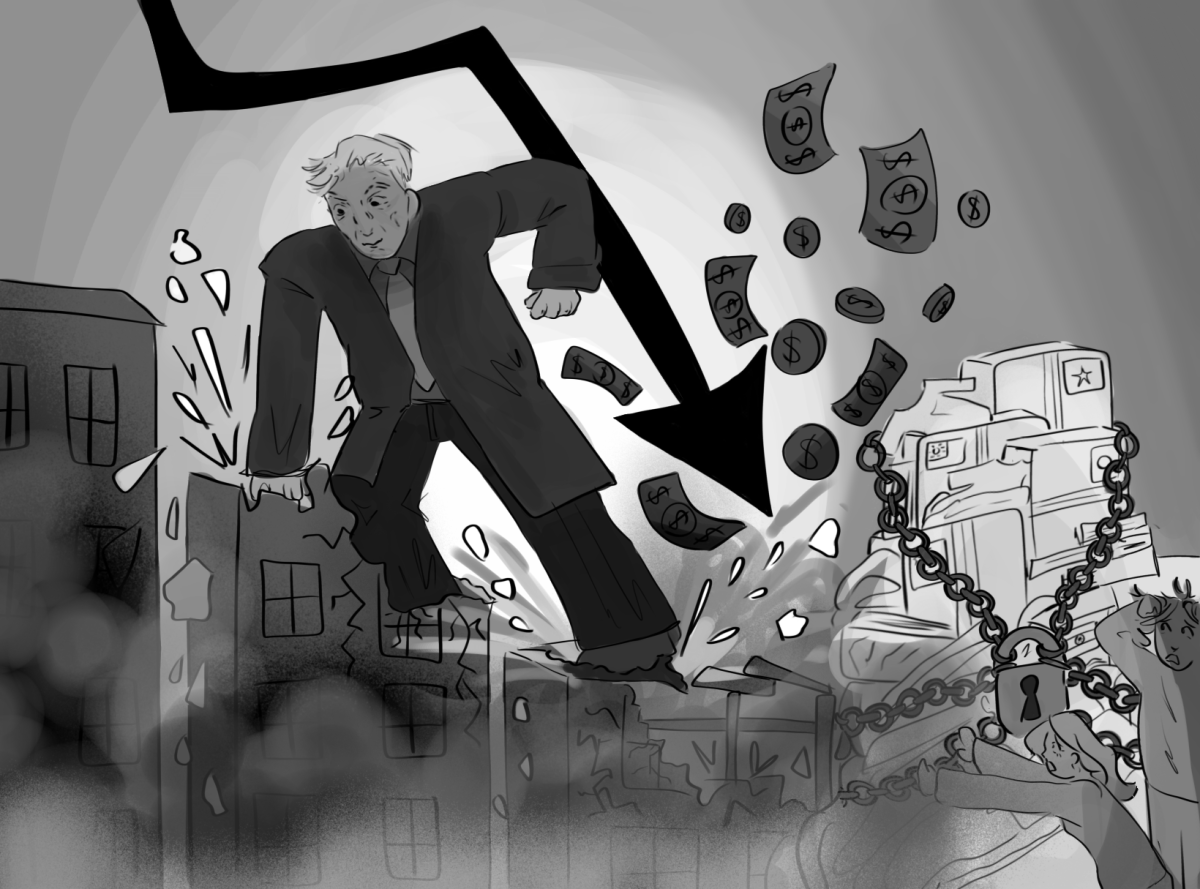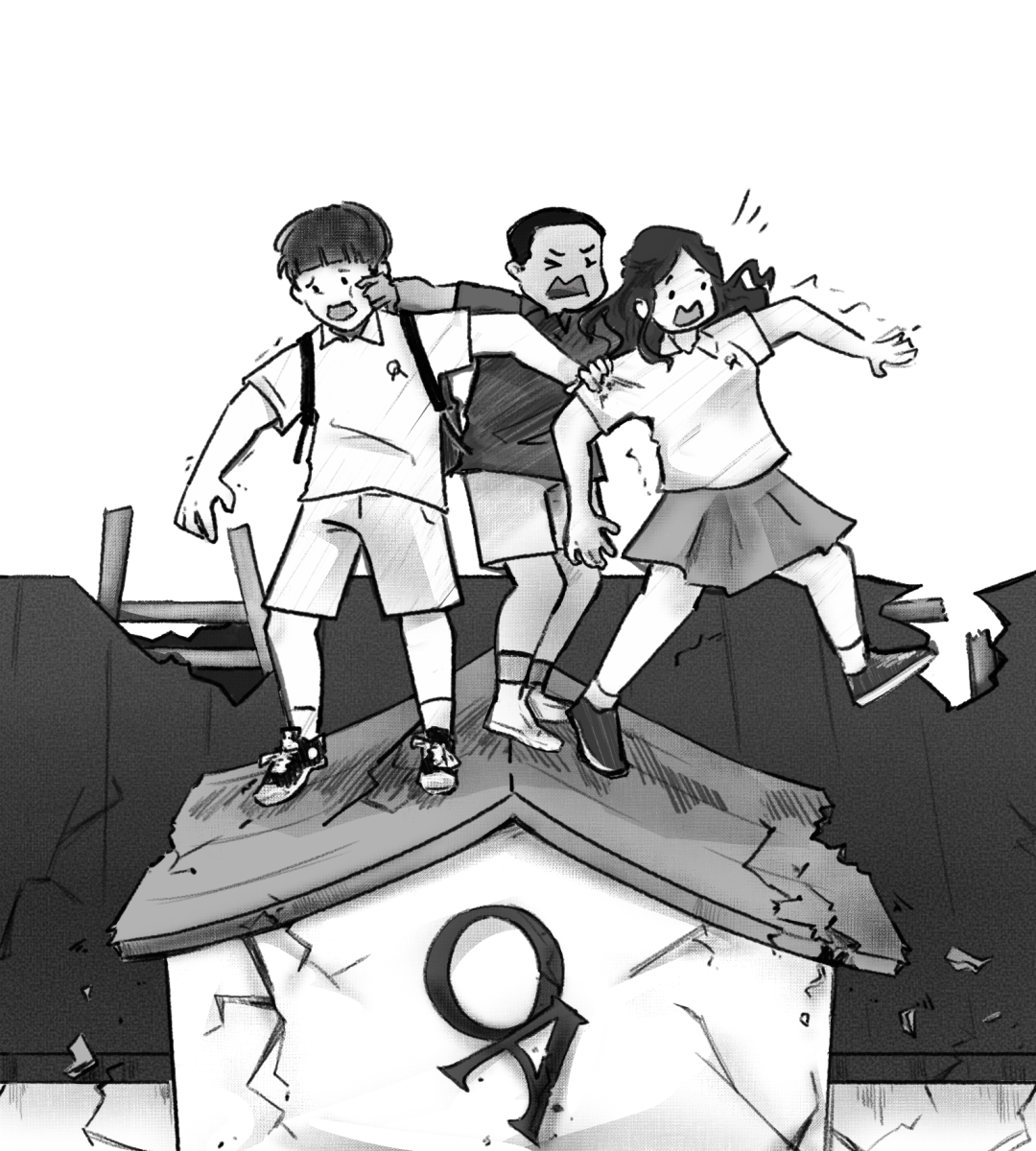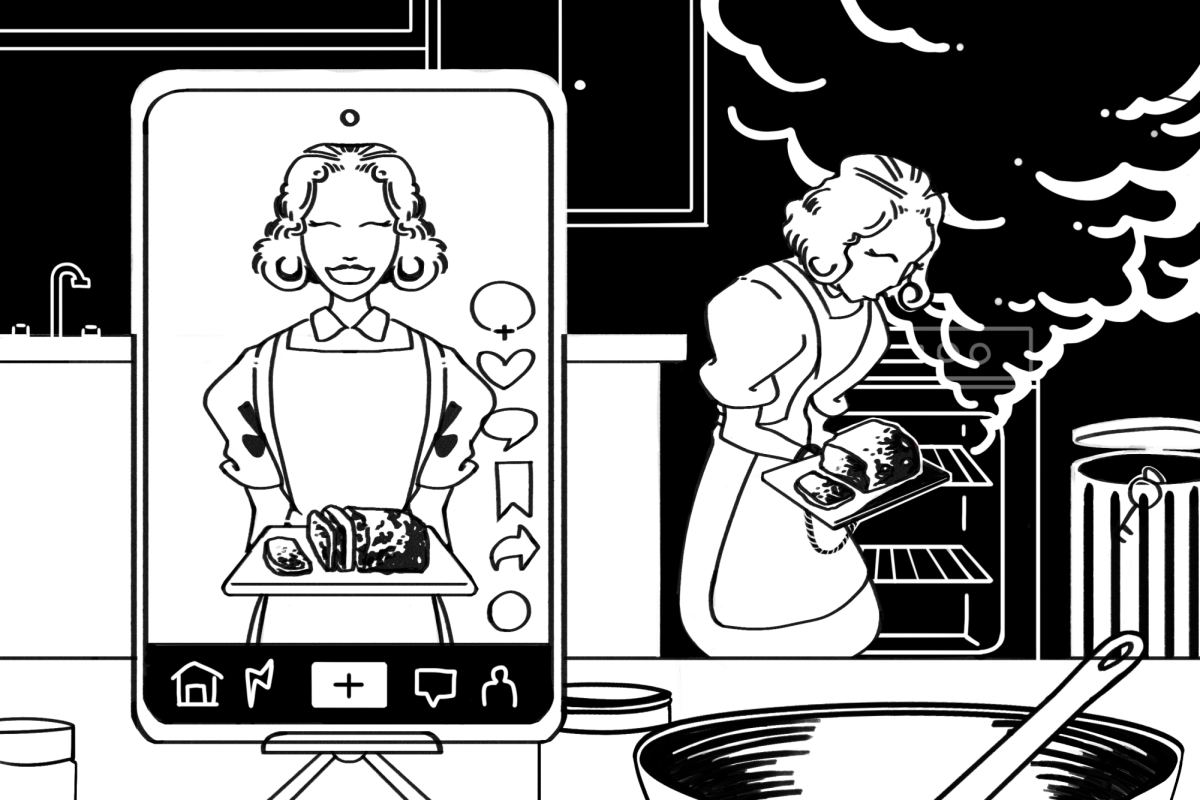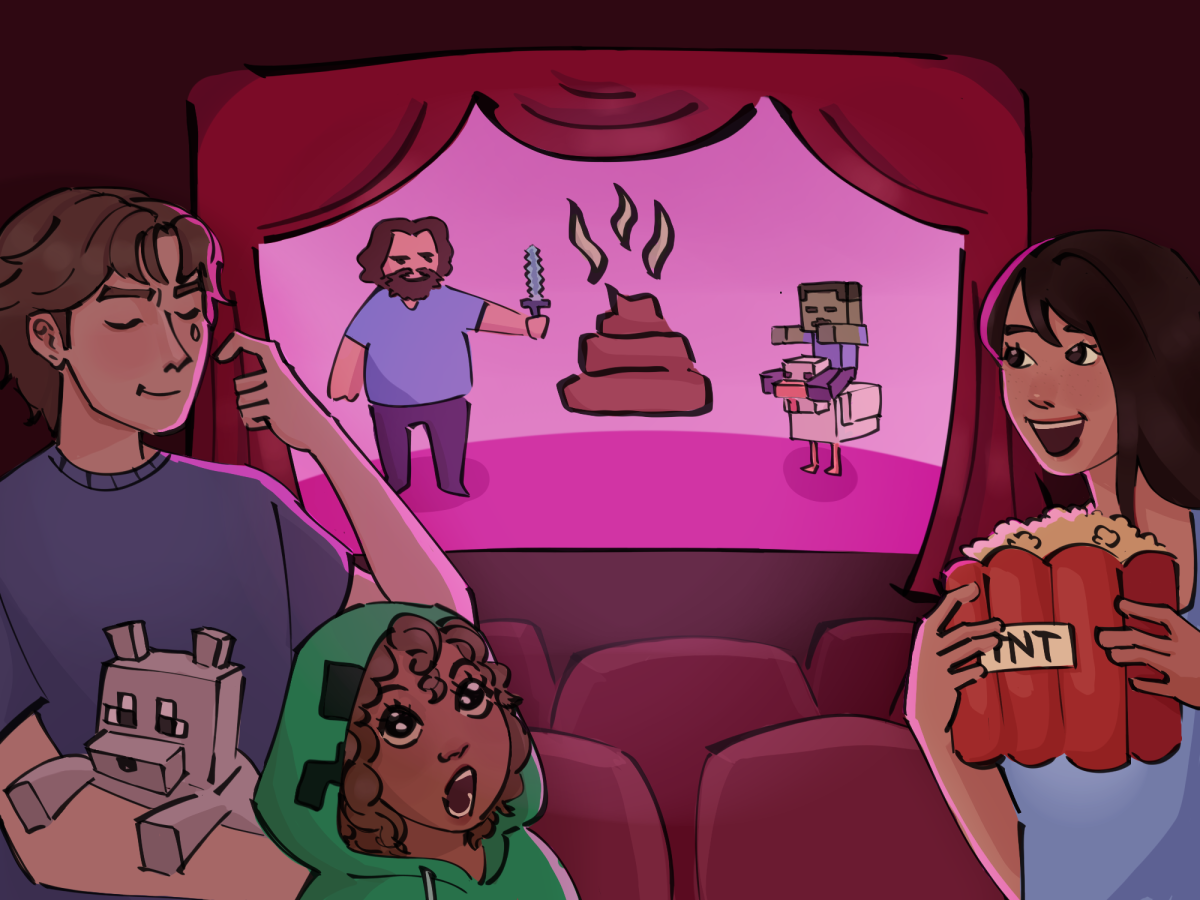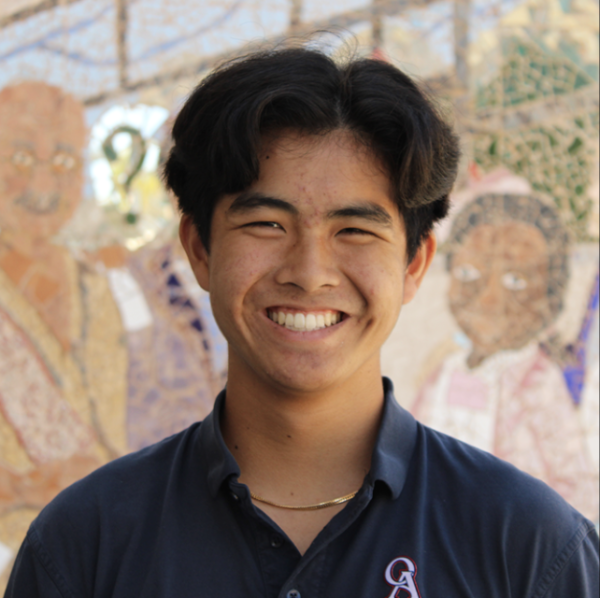As tensions persist in the Israel-Hamas conflict, a disturbing trend has become clear among United States rallies: Anti-Palestinianism and antisemitism are rising, leading to hateful or violent crime. In light of the violence, discussion on protest etiquette must take place, and local authorities must step up to do their part in protecting demonstrators.
Antisemitism today is mostly seen in tension between Palestinians and Israelis over the Israeli occupation of Palestine, which was more widely realized after the events of Oct. 7. Notably, Jewish synagogues have been defaced with hateful messages and symbols reflecting issues in Palestine. An elderly Jewish protester, Paul Kessler, passed recently from injuries sustained in a Palestinian demonstration.
Their chant, “From the river to the sea, Palestine will be free,” is anti semitic because of its lack of regard for the Israeli territory between the Gaza Strip and the West Bank. The slogan poses an end to the Palestinian struggle where Israel and the Jewish population are removed from the map, inciting brutality. This chant has become normalized in society with many repeating it without knowing its meaning. In protests, emotions get out of hand and result in violence, which has largely remained unresolved by weak police presence in the area.
Anti-Palestinian rhetoric is also problematic due to its ideas originating in Zionism, the belief that the Jewish homeland should be in the Palestinian region. On Feb. 4, Palestinian-American Zacharia Doar was stabbed near the University of Texas campus after a Palestinian rally. Police say that a Palestinian scarf on the truck made Doar a target for the battery, constituting a hate crime.
At the University of Connecticut, Muslim students reported hate and abuse for Palestinians and Muslims, including racial slurs and Islamophobic comments. These incidents prove that hatred over the conflict requires police intervention, and authorities need to reduce such crimes. Hate speech in arguments like the Israel-Hamas conflict only makes the topic more polarizing, which is not conducive to an impactful conversation.
Reducing hate must begin by fully understanding the methods of how to do so. Ending real discussion about the issue on grounds of hate speech is censorship and does more harm than good. Staying aware of what is acceptable and not acceptable is key to discouraging violence and allowing a dialogue to take place. People on both sides need to be aware of this and condemn actions when necessary to ensure everyone can protest safely. Authorities should aid in this effort by having strong presences at rallies to minimize attacks.
By shifting the societal status quo on appropriate language in nuanced debates, all sides of the argument can remain safe and heard. As a second precaution, police intervention should be readily available at and around protest sites to further ensure the safety of demonstrators. Violence is never the solution to violence, and hate speech is no substitute for advocacy.








